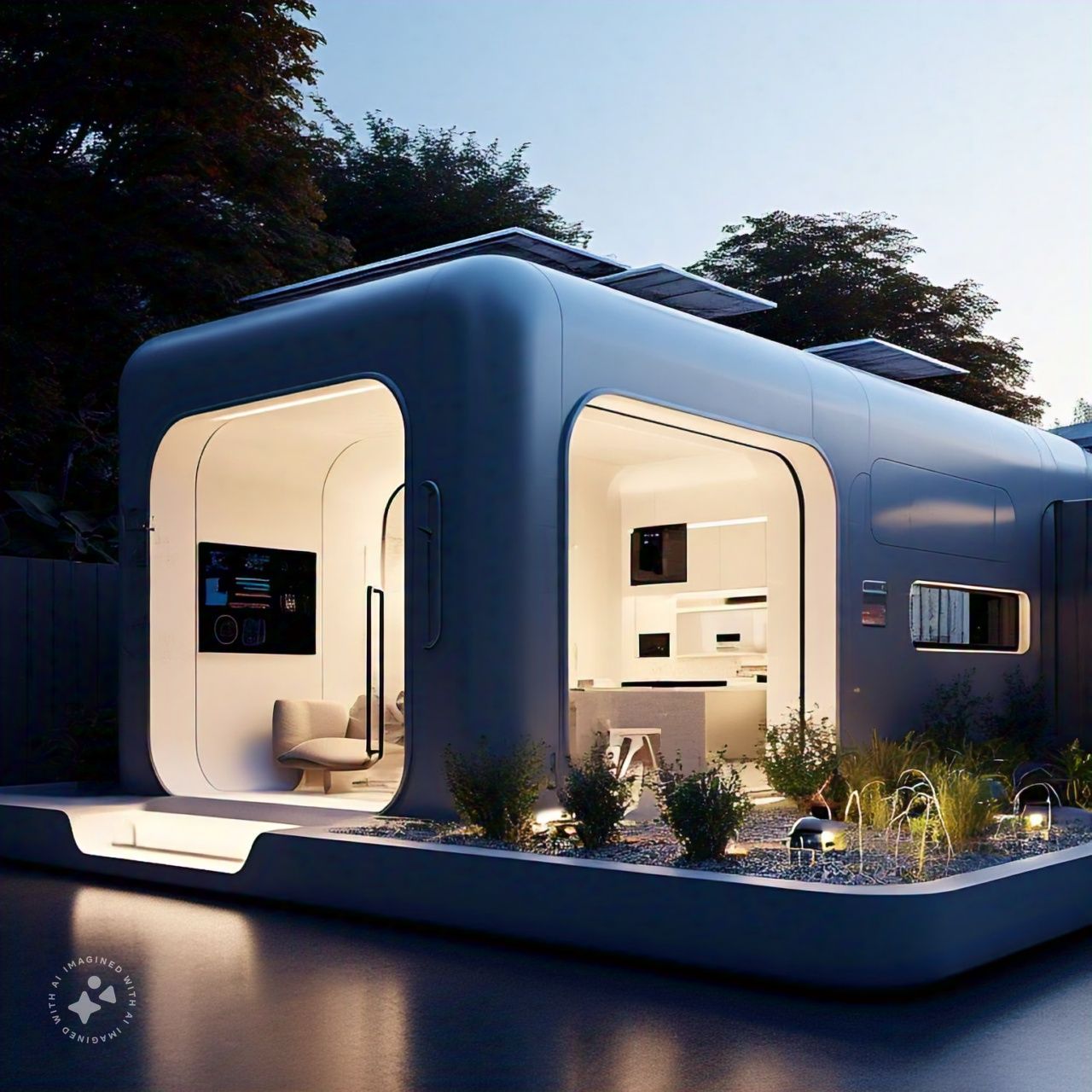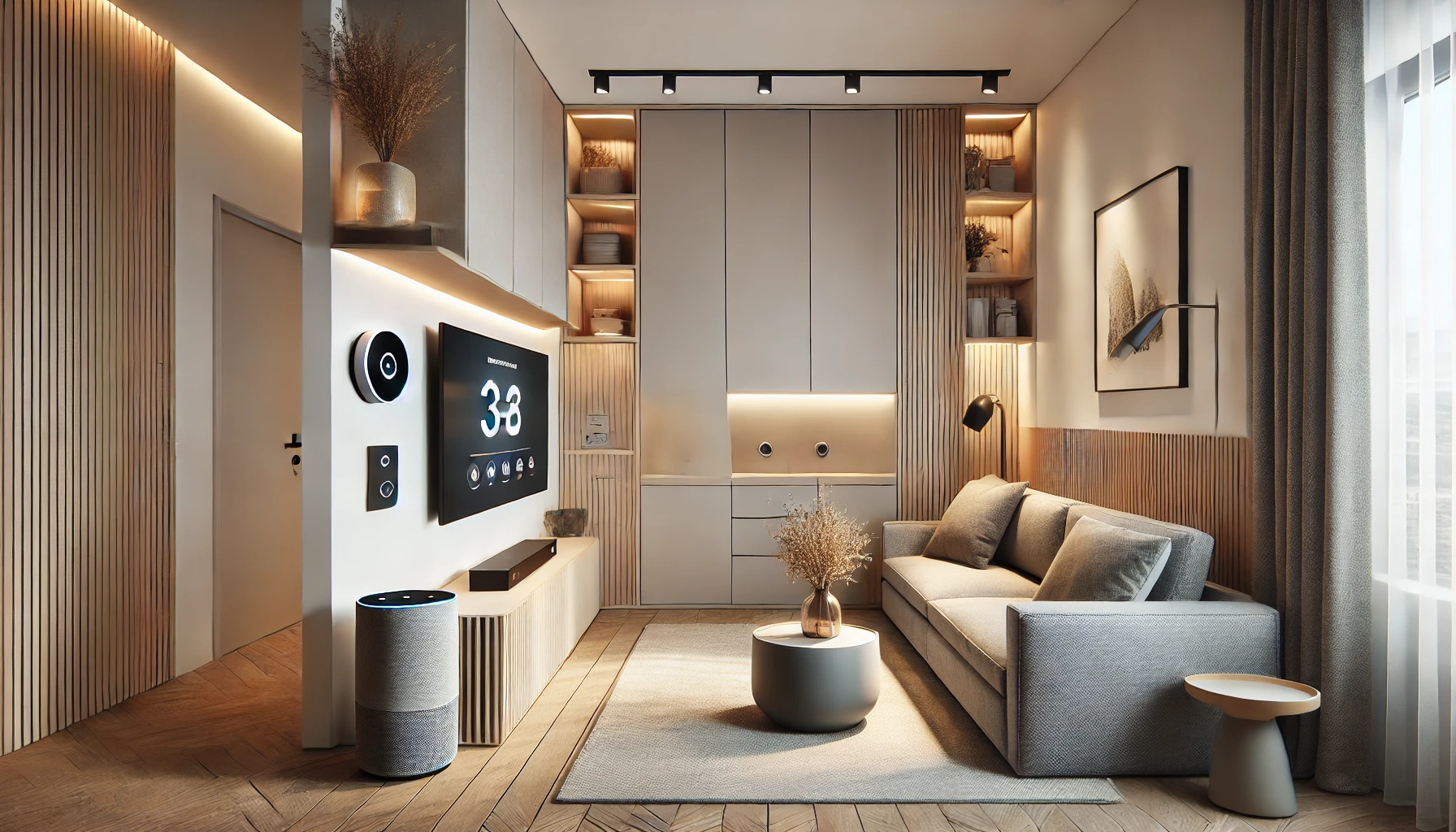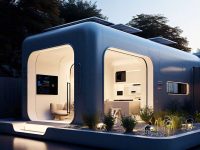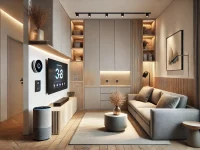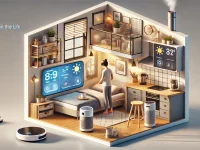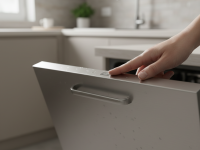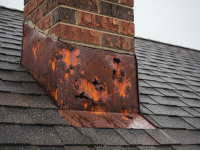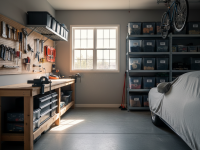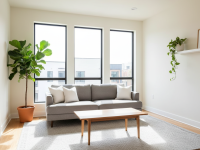The Future of Smart Living in Small Homes
In today’s fast-paced world, convenience and efficiency are essential, even more so in small living spaces. Imagine walking into your home where the lights adjust automatically to your mood, the temperature is just right, and your favorite music starts playing—all without lifting a finger. This is not science fiction; it’s the power of smart home automation systems.
Small homes pose unique challenges in terms of space utilization and functionality, but smart technology has transformed these limitations into opportunities. Whether you’re living in a cozy apartment, a tiny house, or a compact urban condo, smart home automation can optimize your living space, making it more efficient, comfortable, and secure.
Introduction
- Brief overview of smart home automation.
- Importance and relevance for small homes.
- Transforming small spaces with smart technology.
Benefits of Smart Home Automation for Small Homes
- Space-saving solutions.
- Enhanced functionality in compact areas.
- Energy efficiency for cost savings.
- Improved security with minimal space usage.
Popular Smart Devices for Small Homes
- Smart speakers (e.g., Amazon Echo, Google Nest).
- Smart lighting systems (e.g., Philips Hue).
- Smart thermostats (e.g., Nest, Ecobee).
- Compact security systems (e.g., video doorbells, cameras).
Energy Efficiency and Cost Savings
- How smart thermostats and lights reduce energy consumption.
- Learning and automation features to optimize use.
- Utility rebates for energy-efficient devices.
Easy Installation and Setup
- DIY-friendly systems with intuitive apps.
- Professional installation for advanced setups.
- Tips for seamless integration into small spaces.
Compatibility Across Smart Ecosystems
- Overview of major ecosystems (Alexa, Google Home, Apple HomeKit).
- Importance of choosing compatible devices.
Starting Your Smart Small Home Journey
- Assessing your needs and prioritizing features.
- Starting with one device and gradually expanding.
- Planning your budget and leveraging available incentives.
Smart Home Technology as an Investment
- Increasing resale value of homes with smart upgrades.
- Appeal to tech-savvy buyers.
Conclusion
- Recap of the benefits of smart home systems for small homes.
- Encouragement to take the first step and start small.
- Embrace smart technology for a better, more efficient lifestyle.
Why Small Homes Need Smart Automation More Than Ever
Space Optimization Meets Technology
Small homes often have limited space for traditional appliances and systems. Smart home technology offers solutions that are compact and multifunctional. For example, smart speakers not only play music but also serve as control hubs for your entire home. Motion-activated lights eliminate the need for switches, freeing up wall space for decor or additional shelving.
Energy Efficiency Saves Money
In smaller homes, energy consumption can quickly become noticeable. Smart thermostats and lighting systems can help you save on energy bills by learning your habits and adjusting settings automatically. For instance, a smart thermostat can reduce heating or cooling when you’re away, while energy-efficient smart bulbs only light up when someone is in the room.
Enhanced Security for Compact Living
Small homes often lack extensive security features due to space constraints. However, with smart locks, cameras, and doorbell systems, you can monitor and protect your home remotely. These compact devices offer robust security without the need for bulky installations, ensuring peace of mind without compromising space.
Picture the Possibilities
A Day in the Life of a Smart Small Home
Imagine waking up to an alarm that gradually increases the light in your bedroom, simulating a sunrise to start your day naturally. As you head to the kitchen, your coffee machine, already synced with your morning routine, brews your favorite cup. The blinds automatically open to let in sunlight, and your smart assistant updates you on the weather and news.
While you’re at work, your home keeps running efficiently. The thermostat adjusts to conserve energy, security cameras monitor any activity, and your robotic vacuum keeps the floors spotless. On your way back, you can preheat the oven, turn on the lights, and set the perfect playlist—all from your smartphone.
Stylish and Customizable
Smart devices are designed to blend seamlessly into your decor. From sleek smart speakers to discreet sensors, modern designs ensure that your home looks as good as it functions. With options to customize everything from lighting colors to device placements, you can create a space that reflects your personality while leveraging cutting-edge technology.
Start Your Smart Home Journey Today
How to Choose the Right System for Your Home
- Assess Your Needs: Decide which aspects of your home life you want to automate—lighting, temperature, security, or entertainment.
- Start Small: Begin with a single device, such as a smart speaker or a thermostat, and expand your system gradually.
- Compatibility Matters: Ensure that all devices you choose are compatible with a central hub or ecosystem, such as Amazon Alexa, Google Home, or Apple HomeKit.
- Plan Your Budget: Smart technology is an investment. Consider devices that offer the best balance of features and price.
Top Recommendations for Small Homes
- Smart Speakers: Amazon Echo or Google Nest Mini for voice control and connectivity.
- Smart Lights: Philips Hue or Wyze Bulbs for customizable lighting.
- Smart Thermostats: Nest Thermostat or Ecobee for efficient temperature control.
- Security Systems: Ring Doorbell or Arlo Cameras for compact, reliable security solutions.
- Smart Plugs: TP-Link Kasa or Wemo plugs to automate regular appliances.
Easy Installation and Setup
Most smart home devices are designed with DIY installation in mind. With straightforward instructions and user-friendly apps, you can set up your smart home in no time. If needed, professional installation services are also available.
Take Advantage of Incentives
Many utility companies offer rebates for energy-efficient smart devices, reducing your upfront costs. Additionally, smart home technology can increase the resale value of your home, making it a worthwhile investment for the future.
Smart Home Automation Systems for Small Homes: Key Points
- What are smart home automation systems?
- Smart home systems connect and control devices like lighting, thermostats, security systems, and entertainment via a centralized hub or app.
- Are smart home systems suitable for small homes?
- Perfect for small homes as they provide space-saving solutions, energy efficiency, and enhance the functionality of compact spaces.
- How can smart automation help save energy?
- Smart devices optimize energy use by learning user habits, turning off when not needed, and adjusting settings automatically, reducing utility bills.
- What are the most popular smart devices for small homes?
- Popular devices include smart speakers, smart lights, security cameras, and smart thermostats.
- Do smart home systems improve security in small spaces?
- Yes, they enhance security through smart locks, video doorbells, and cameras that provide remote monitoring and control.
- How difficult is it to set up smart home systems?
- Most systems are designed for easy DIY installation, and professional setup is available for complex systems.
- Are smart devices compatible across different brands?
- Many devices work seamlessly with major ecosystems like Amazon Alexa, Google Home, and Apple HomeKit.
- What is the cost of starting a smart home system?
- Entry-level devices are affordable, and rebates from utility companies can reduce the cost of more advanced systems.
- Can smart technology increase home value?
- Yes, smart technology boosts home resale value by appealing to buyers and offering energy efficiency.
- What’s the first step to building a smart small home?
- Start with one device and expand over time, focusing on your needs, device compatibility, and budget planning.
Conclusion
Smart home automation systems are no longer a luxury reserved for large homes. With the right tools and a strategic approach, even the smallest spaces can benefit from enhanced efficiency, comfort, and security. By incorporating smart technology into your small home, you’re not just keeping up with trends—you’re investing in a better, smarter way of living.
Ready to transform your small home into a smart haven? Start small, dream big, and take the first step towards a smarter, more efficient lifestyle today.
